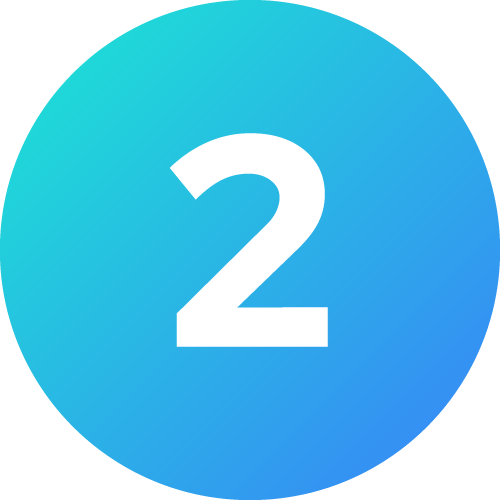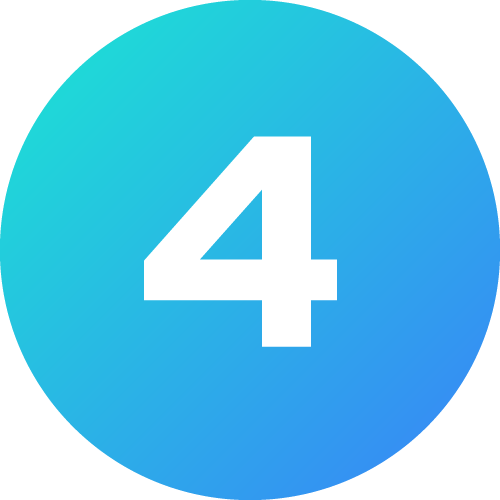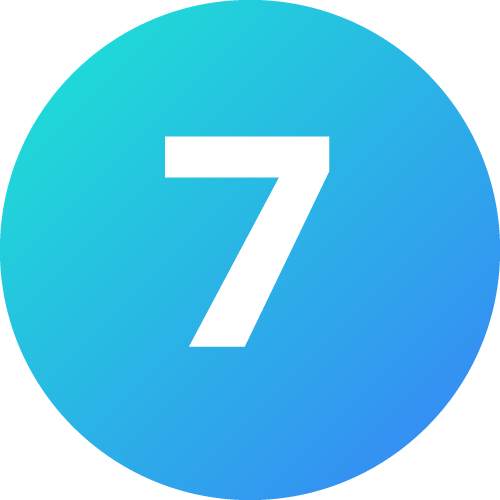Time management is a skill many people find challenging, whether they’re doctors, teachers or librarians (and everything in between!). In some fields, like healthcare, every minute counts, so this is a skill you’ll want to develop continuously.
Whether you’re a new doctor who wants balance or a pro who needs a refresher, this guide will help you improve time management in healthcare.
SAVE $50
Sign up for our newsletter and receive a coupon code for $50 off your first conference with CME Seminars.
Why Is Time Management Important in a Healthcare Setting?
Effective time management is critical for most people, but especially healthcare workers. Your working hours are full, which makes schedule organization all the more important.
With time management techniques, many health practitioners experience benefits like:
Reduced stress and burnout
The more control you have over your workload and responsibilities, the more likely you will have a positive outlook on your career.
Increased productivity
Time management can also help you stay on schedule, increasing time for appointments or career development.
Enhanced care
When you have more time for patients, you can listen to their concerns, answer questions and craft a personalized treatment plan.
Improved patient satisfaction
Focused care and shorter waits can lead to timely diagnoses and treatment, improving patients’ outlook.
When medical professionals optimize their time, the experience can improve for everyone.
Time Management for Healthcare Professionals
Ready to enhance your team’s time management skills? Try incorporating these tips into your routine to better manage the day, month and year.

Prioritize and Track Tasks
When considering goals and tasks, start by deciding what you must accomplish each day, week or month. The highest-priority tasks should be first or scheduled for your most productive work hours.
For example, patient appointments might be a high-priority task that needs most of the day. You could reserve less urgent needs, like responding to emails, for the beginning or end of the day.

Set Short- and Long-Term Goals
Time management in primary care is more than how you spend work hours—it’s about the whole year. Think about activities or concerns that could influence your monthly availability, such as:
– Cold and flu season
– New program launches
– Continuing medical education (CME) seminars or workshops
– Clinic technology upgrades
While most of these don’t occur every day, they can take up a large portion of work hours when they do. Proper planning allows you to shift priorities around so you can still complete them on time.

Know When to Delegate
Some tasks are yours to complete, while others are suitable for others on the team. You can free up time during the workday by delegating tasks to other team members like:
Administrative staff
Admin staff can handle scheduling, after-visit instructions, data entry or patient reminders.
Nurses and physician associates (PAs)
Nurses and PAs can take on some of your tasks, like initial screenings and well visits, to help you save time.
You’re only one person. Whether you run your own practice or work for someone else, seek help from your team so you have more time to handle your job-specific duties.

Try Time Management Techniques
If you find it challenging to stick to a schedule without becoming distracted or sidetracked, try time management tactics. One popular technique is the Pomodoro method, in which you work for 25 minutes and then take a five-minute break. You could use this setup to stagger patient appointments or handle administrative tasks like updating medical records.
Other ways to implement time management skills in healthcare include:
– Turning off non-essential notifications on your phone and computer.
– Avoiding after-hours communications about work-related issues (excluding emergencies).
– Setting specific hours for responding to patients’ calls and messages.
Incorporating these scheduling tips into the workday can help you optimize your time and reduce the risk of burnout.

Time Management Tools
With modern technology, you can achieve more effective time management. One popular way to manage your schedule is by using a time-tracking tool or app. These show you what you spend time on day-to-day, from administrative tasks to patient care.
With this information, you can decide what changes you need to make to meet your goals. For example, if you want to increase time with patients, you may need to alter how you complete admin work.
On that note, other technology can also help you save time throughout the day. For example, electronic health records can automate scheduling, billing and patient reminders.

Take Care of Yourself
Another crucial consideration to improve schedule management is self-care. You’re not a machine, so you should take care of yourself throughout the day to help reduce stress and burnout. Here are some tips for prioritizing well-being at work:
Schedule relaxing breaks
Whether you use the Pomodoro method or something else, you should schedule short breaks to help you recharge. During these periods, do something other than work, like going on a short walk, listening to a favorite playlist or eating a healthy snack.
Take care of yourself at home
When you’re at home, unplug from work and focus on yourself. Eat well-balanced meals and try to get a good night’s sleep. You may also want to add exercise or hobbies into your routine.
When you make time for your well-being, you can often treat patients better and feel more satisfied with your career.

Learn More Tactics With CME
If you want extra guidance on improving your or your team’s time management practices, enroll in CME conferences tailored to the topic. Learn how to incorporate tips like those in this guide (and more!) and earn credits simultaneously.
Whether you want to attend in-person or virtual seminars or complete self-paced classes, there are continuing education options for any schedule.
